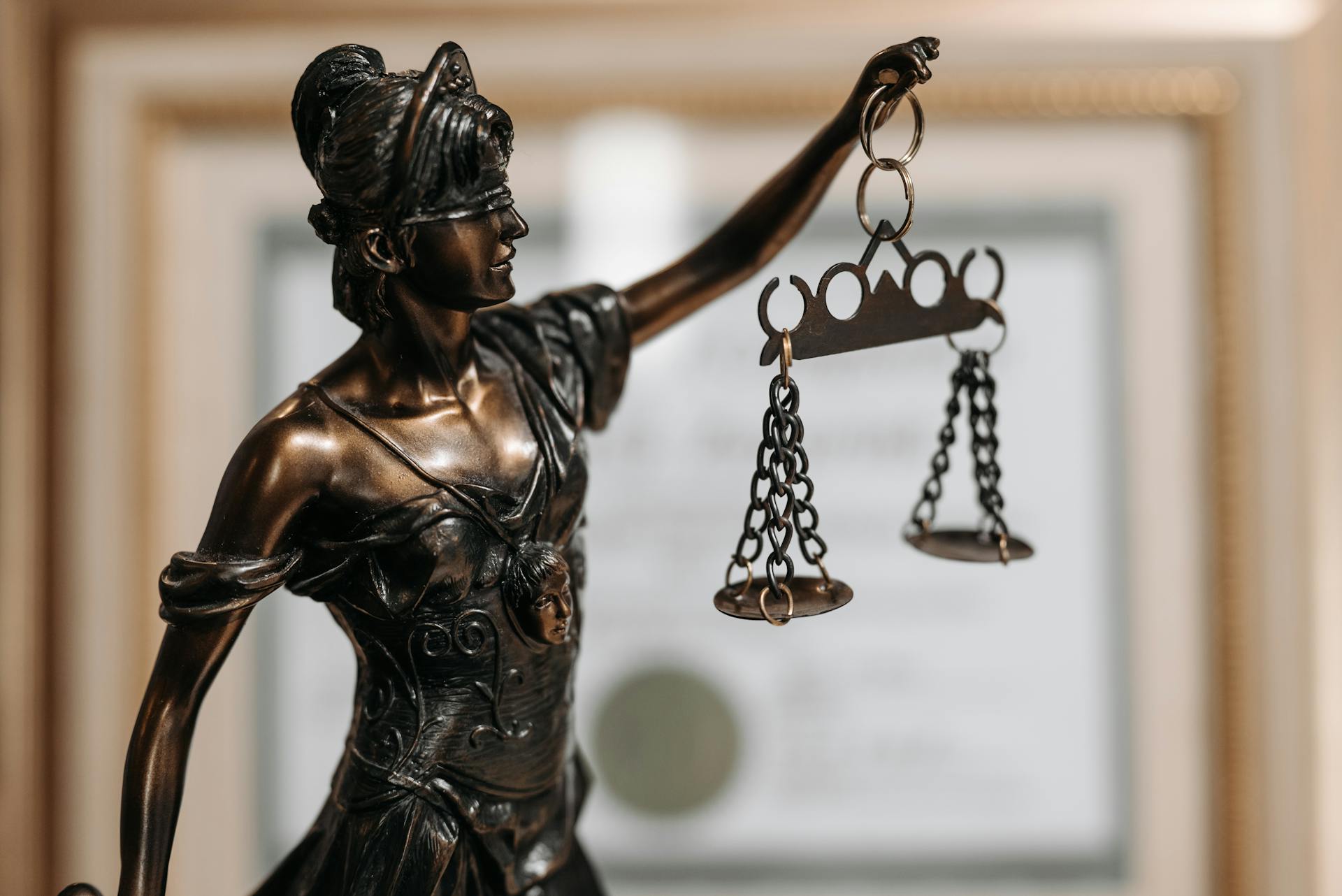[bctt tweet="A clever student in a good primary school becomes a great student in a good high school and becomes an exceptional scholar in a good university." username="QaziniKenya"]
Two candidates are called to an interview. This is the second interview and a decision will be made about which of them will be hired. The position requires a post-graduate degree, a sterling academic record and experience as the manager of the team or project. On paper, the candidates are different but would both fit the position perfectly.
The candidates
Candidate 1 is has a master's degree which she attained with honours and glowing recommendations from her lecturers. Her thesis was published in a well-respected, peer-reviewed journal. She is well-spoken and well-read in both English and French with conversational Chinese. She lacks the desired amount of experience in management but she was project manager for several charity organizations and school events. Her master's degree is from the London School of Economics - the cap on an academic career spent at the best schools available.
Candidate 2 also has a master's degree and she passed with distinction as well. She has a ton of work experience starting as a cashier at a petrol station and currently as head of finance at a small law firm. It took her a few more years than is typical to finish both her undergraduate and master's degrees - she earned full scholarships for both. She has a daughter who she raises on her own.
The privilege
The panel chose Candidate 1 at the first interview. They just had to narrow down the field to meet the requirements of the companies HR code. They say things like, 'She will fit well into the company culture and her experience abroad will widen perspectives'. To justify turning down Candidate 2 they will say that she does not have the academic record that they would like, that she may be distracted by her other 'responsibilities' and that her management record, while good, isn't quite what they were looking for.
Candidate 2 with her real-world experience and hard-won academic accolades could have been just as good or likely better in the position. This is not to say that Candidate 1 did not work hard for her achievements or does not deserve the job. And pinpointing what is wrong with this picture is why it is so hard to see inequality in the workplace.
It is easier to do well in a good school. Good teachers who have time to pay attention to all their students make all the difference. A clever student in a good primary school becomes a great student in a good high school and becomes an exceptional scholar in a good university. It takes hard work but nowhere near the effort that a person who had to choose between homework and chores puts in.
Candidate 2, no matter how hard she works, finds herself trailing being the Candidate 1's of the world. And after a certain point, say not getting the job she is both qualified for and certain she can excel at, she realizes she may never catch up.
The bias and what we can do about it
Overcoming bias requires a great deal of effort and unpleasant work. Studies show that if there was a Candidate 3 and he happened to be a man, he would get the job. He could be missing the academic and professional qualification but he would get it. When asked, the panellists would insist that he was the better candidate.
The only way to beat bias is to first admit that you have it. For example, those who meet society's criteria of beauty make more money in the workplace, they get promoted more often and in general have more opportunities availed to them. In your mind, is Candidate 1 more attractive than Candidate 2? Be honest.
Next comes the work of constantly examining your decisions and assumptions for conscious or unconscious bias. This is crucial for leaders of any kind. You do not want to miss out on talented, passionate people because you could not get past your hidden prejudice.
There is no shame in admitting bias. We all go through life with a set of preconceptions imposed on us by society. It is only shameful to refuse to counter these beliefs or worse defend them as correct.





